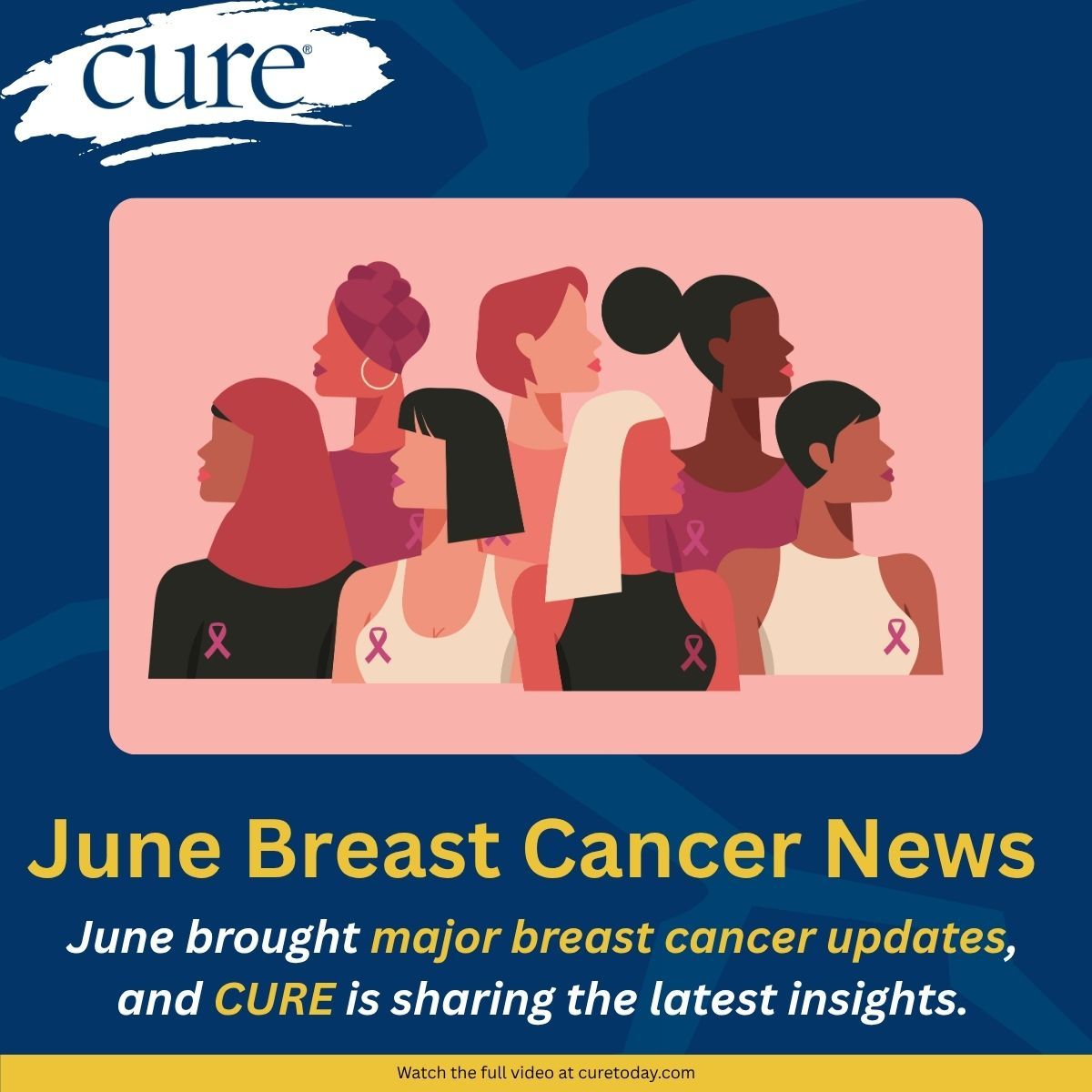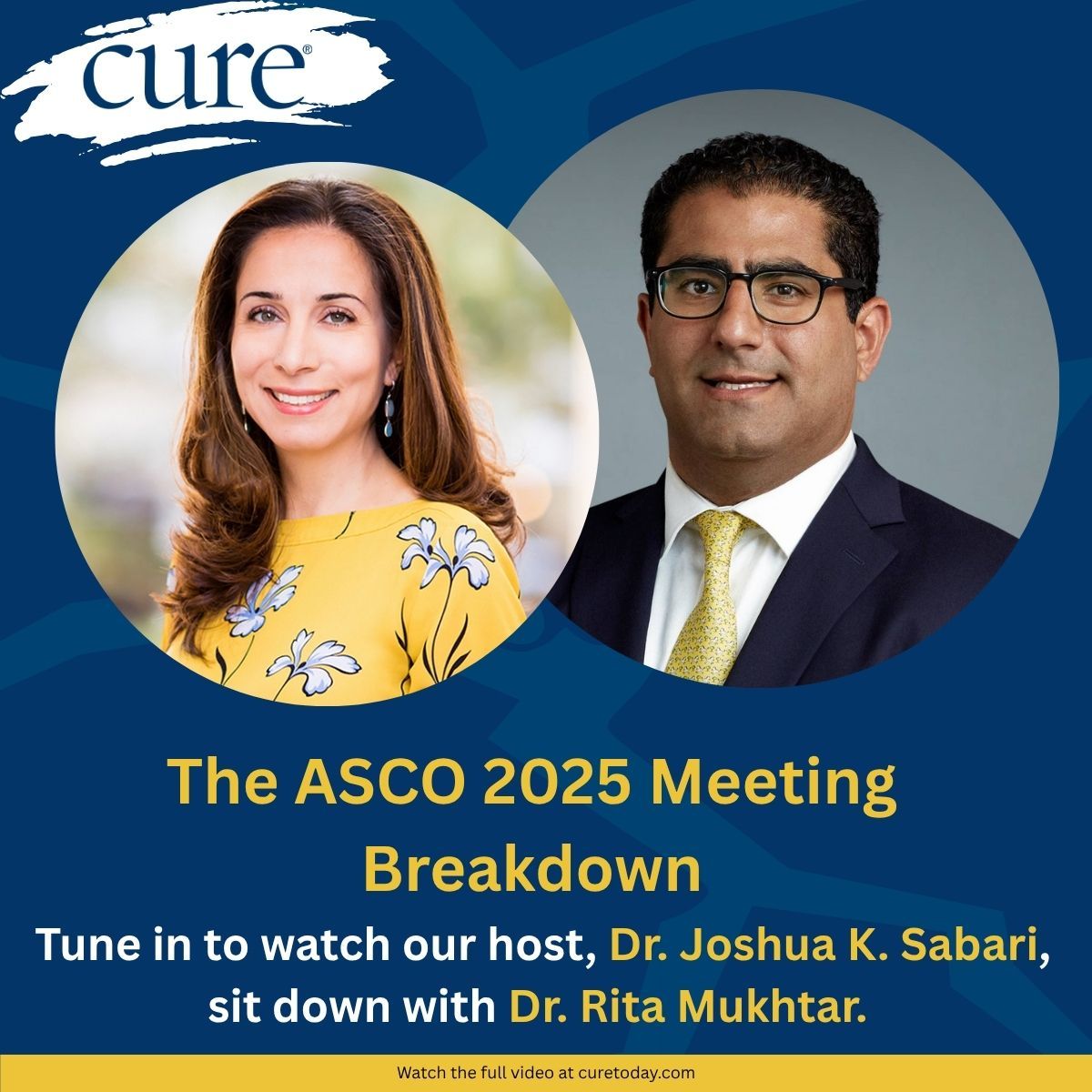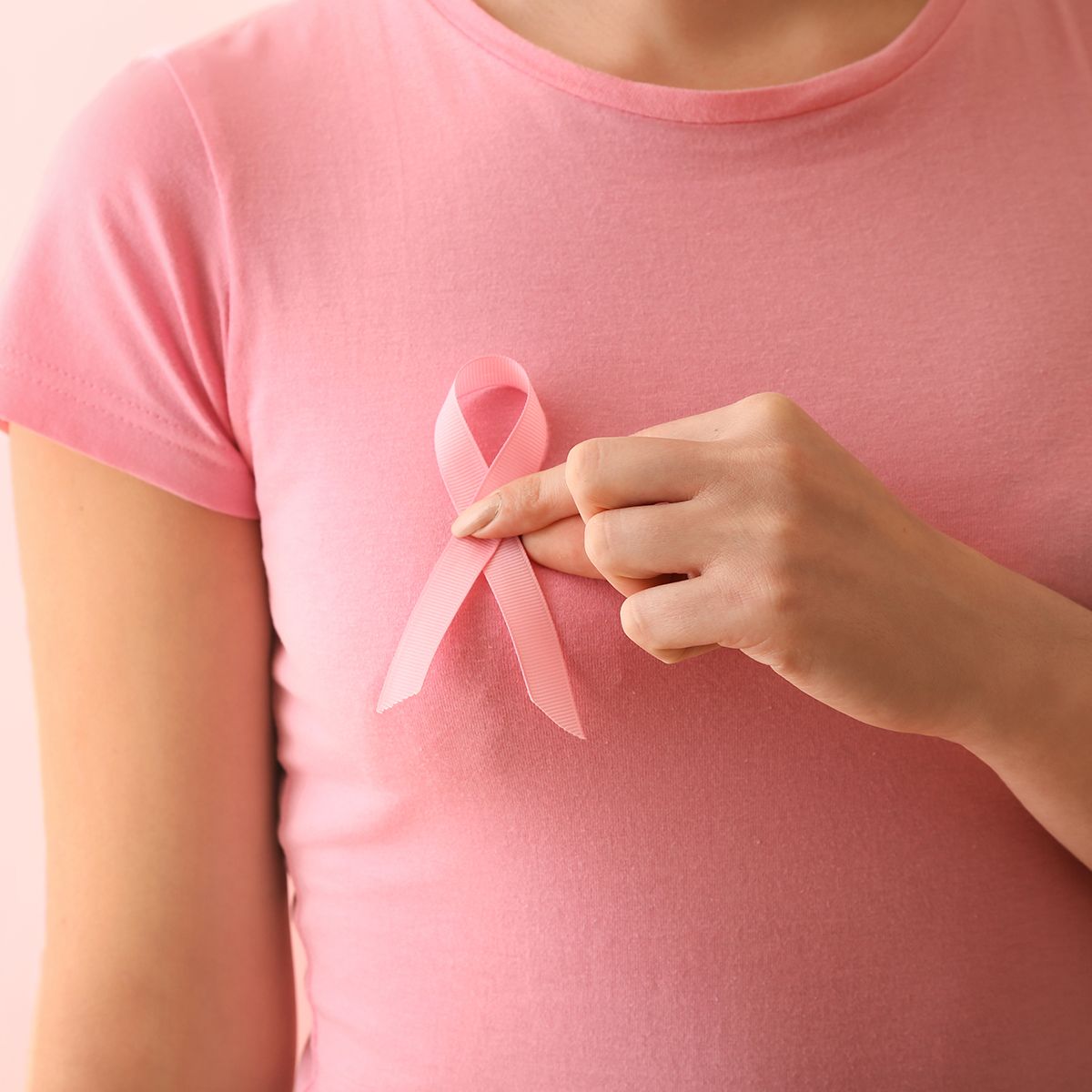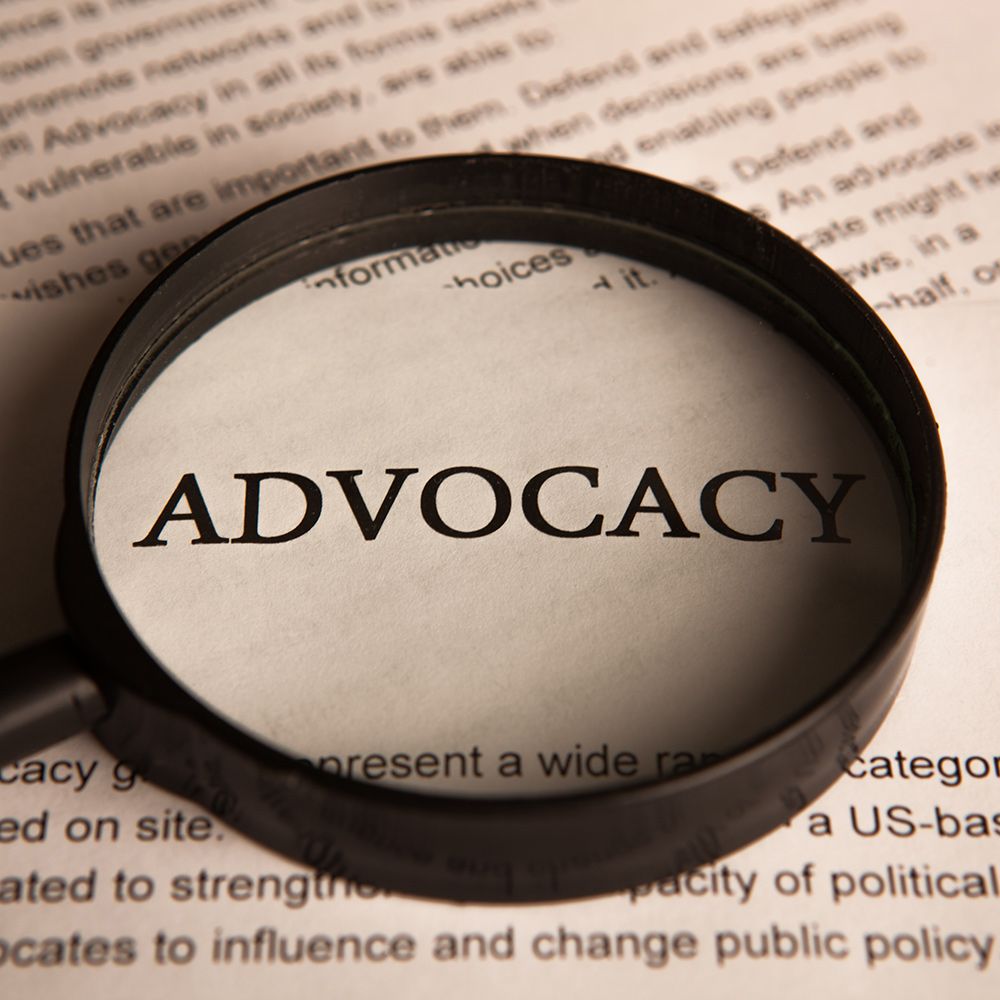News
Article
What Patients With Breast Cancer Need to Know About ADC-Related Fatigue
Author(s):
Researchers have found that treatment with antibody-drug conjugates is associated with fatigue among patients with breast cancer.
Fatigue is the most common side effect from ADC treatments for breast cancer, an expert told CURE®.

Nearly 40% of patients with breast cancer treated with antibody-drug conjugates (ADCs) experienced fatigue, according to recently published study findings.
The study’s findings, published in Critical Reviews in Oncology/Hematology, analyzed data from 7.963 patients participating in 31 studies. Researchers found that there was a 39.84% incidence of all-grade fatigue during treatment via ADC monotherapy.
Researchers noted that fatigue is the most common side effect among the three ADCs that have been approved by the Food and Drug Administration for breast cancer. These three included Enhertu (trastuzumab deruxtecan; T-DXd), Kadclya (trastuzumab emtansine; T-DM1) and Trodelvy (sacituzumab govitecan).
A subgroup analysis in the study found treatment-specific rates of ADC-induced fatigue to be 47.05% with Enhertu, 42.82% with Trodelvy and 35.17% with Kadclya. Fatigue, researchers said, was also more common with T-DM1 combination therapy than with monotherapy.
But fatigue is multifactorial, as nurse practitioner Jamie Carroll of the Mayo Clinic in Rochester, Minnesota explained.
“Our patients do have fatigue on antibody-drug conjugates,” said Carroll. “But I don't think that you can exactly say that fatigue is related only to our medications. Fatigue, yes, is related to the medications that our patients are receiving. But I also think that fatigue is related to the fact that maybe they're not sleeping well, maybe our patients are having multiple episodes of diarrhea, and they're back and forth to the bathroom [at night]. And so yes, that's related to the drug, but it's not directly related to the drug, it's related to side effects from the medications themselves.”
Carroll noted that fatigue is cyclical, and also compounds in itself, where patients feel worse on subsequent cycles of treatment or find fatigue lasting longer.
“If you ever have questions of, ‘Is this how I'm supposed to be feeling? Or is this worse than I'm supposed to feel?’ I would say reach out to your care team so that they can walk you through and they can tell you how you should be feeling, or [they can find out if] this is more than what we would anticipate because I would never want a patient to get into a situation where they get too dehydrated. And that's compounding things. Or they end up with a fever and that's making fatigue worse. So anytime you are questioning things, reach out to your care team so that they can help understand and walk you through how you should be feeling.”
“Fatigue has a serious negative effect on the patient’s physical and mental health,” researchers wrote in the study. “Furthermore, it can significantly increase the incidence of depression and sleep disturbances and greatly reduce the quality of life of patients.” Researchers also noted that, during chemotherapy, “fatigue can lead to the interruption of treatment, thereby affecting the long-term survival of patients.”
Carroll agreed that unchecked fatigue can lead to worse patient outcomes.
“It's really important that patients are as upfront as possible [with their care teams],” she said. “And so with that, I think it's also important that you journal so that when you're with your provider at that appointment, you can look back over the course of 14, 21 days, however long your cycle is, and you can say, ‘This is how I felt on days 1, 2, 3, 4,’ whatever that cycle is, so you can share those updates so that your provider can accurately dose your treatment, based on how you felt the last couple of weeks.”
To manage fatigue, Carroll advised that patients make two lists: the things they want to do, and the things they have to do.
“This is really hard for patients, but I try to get them to say the things that they have to do, to give those to somebody else,” she said. “And so those are things that are like cleaning the bathrooms or making dinner. So, those are things that are on the list that you have to get done every day, but delegate those to somebody else.
“And then, the things that you want to do, like play with your kids, or walk to the park, those are the things that I want you to do. So, it's really planning your day around the things that bring you joy, not the things that are on your list, because the toilets have to get cleaned, but who wants to do that? Nobody. And so really planning so that you're focused on the things that bring you joy and the things that you want to do, and so really kind of focusing on those things, and so I think because of that, you're really better managing and keeping your energy [focused] on those things that you'd want to do. And so, you're not expending all of your energy on the things that don't bring you joy.”
For more news on cancer updates, research and education, don’t forget to subscribe to CURE®’s newsletters here.
2 Commerce Drive
Cranbury, NJ 08512
All rights reserved.




